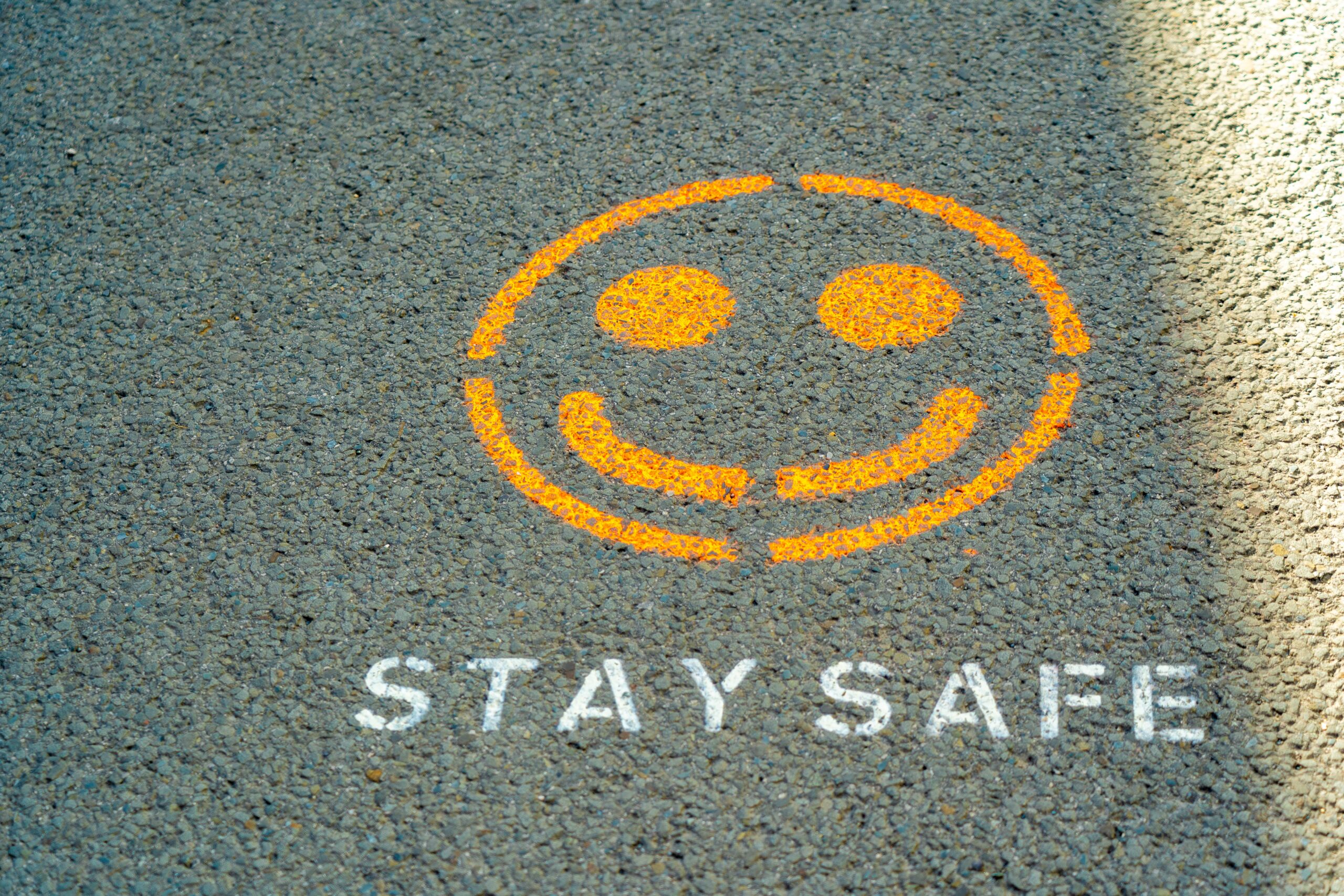16 Reasons Why You’re Allowed to Leave Home
What a difference a few weeks make. In my last blog about the COVID-19 scenario, social distancing became the new norm, beaches were closed and the Federal government announced phase one restrictions.
Since then, penalties have been ramped up, more restrictions have been imposed and we’re seeing police standing side by side with the army, patrolling our streets and public spaces to make sure we’re all working to ‘flatten the curve’, driving police cars through public parks and moving people on from sitting on park benches.
Whilst it’s clear that tough measures have to be enforced to stop the spread of this insidious virus, the community should be justifiably concerned about the legality of the federal government’s powers and the civil liberties issues that arise from the new regime. But that’s for another blog.

With Easter and school holidays approaching, here’s a breakdown of the current restrictions in NSW:
Penalties
Breaches of orders made under the Public Health Act 2010 is a criminal offence and attracts heavy penalties including:
- $1000 on-the-spot fines
- $11,000 maximum fine and/or up to 6 months gaol (individuals)
- $55,000 maximum fine (corporations)
On-the-spot fines
On 24 March 2020, NSW parliament gave the green light to new COVID-19 emergency measures including giving NSW police the power to issue $1000 on-the-spot infringement notices and the power to arrest anyone found to be in breach of a public health order.
Check out some summaries about infringement notices that have been issued here.
There was much hullaballoo in the media about the Newcastle man who was fined $1000 for eating a kebab on a bench but I see that he’d also failed to comply with two previous warnings from police. The reaction from the WA Premier about whether eating a kebab should be against the law is gold. See it here.
Spitting and coughing
On 9 April 2020, the government introduced a new $5000 fine for anyone who intentionally spits at or coughs on a ‘public official’ in a way that would reasonably be likely to cause fear about the spread of COVID-19. ‘Public officials’ include health workers, police and the like.
Question: why limit the order to ‘public officials’? Presumably the government believes spitting/coughing on others in the community to cause fear ATM would be covered by charges already available – common assault (s61 Crimes Act) or intimidate (s13 Crimes (Domestic & Personal Violence) Act. Neither of these offences is subject to an on-the-spot fine as the new offence is.
Hefty fines + gaol
For more serious breaches, individuals face fines of up to $11,000 and/or 6 months gaol and a further $5,500 fine for each day the breach continues.
For companies, the maximum penalty is $55,000 and a further $27,500 penalty may apply for each day the offence continues.
When can I leave the house – 16 reasons why
As a general rule, you can only leave home if you are going from one place to another. You can’t stop and sit down in a park, beach, etc.
Premier Gladys Berejkilian says you’re pretty safe as long as you’re not “stationary”.
The top 5
It’s all about social distancing and gatherings.
The easy ones – stay at home unless you are going to:
1. work (where you can’t work remotely)
2. school or an educational institution
3. shop for food and essentials
4. get medical care or supplies
5. exercise
What’s a reasonable excuse?
Otherwise, you need a ‘reasonable excuse’ to leave the house. These include to:
6. avoid injury or illness or escape a risk of harm
7. deal with emergencies or on compassionate grounds
8. access childcare
9. provide care or assistance (including personal care) to a vulnerable person or to provide emergency assistance
10. attend a wedding (limited to a total of 5 people) or funeral (limited to a total of 10 people, excluding the person/s necessary to conduct the funeral e.g. funeral director)
11. move to a new place of residence, or between your different places of residence (a holiday is not an acceptable reason)
12. donate blood
13. undertake legal obligations
14. access social services, employment services, services provided to victims (including as victims of crime), domestic violence services, and mental health services
15. continue existing arrangements for access to, and contact between, parents and children for children who do not live in the same household as their parents or one of their parents
16. if you are a priest, minister of religion or member of a religious order, go to a place of worship or to provide pastoral care.
There was some confusion about this during the week in relation to partners who do not live together visiting each other. Police Commissioner Mick Fuller has said this is OK as it falls under 9. above, providing ‘care’.

Image: Strange-Brew-by-John-Deering-for-April-03-2015-_-GoComics_com.gif
What’s out
- outdoor gatherings of more than 2 people except in family groups
- more than 1 person in 4 square metres of space indoors other than houses (supermarkets, Bunnings and the like appear to be catching on to this one finally)
- holiday travel
- play dates
- visiting family or friends (unless you’re visiting your partner who does not live with you)
- picnics
- eating a kebab on a park bench
What if I get fined?
If you receive an on-the-spot infringement notice from police and you believe it’s unfair, you can request a review.
To request a review of your fine visit myPenalty.
To login, you’ll need to enter the penalty or infringement notice number and the date of the offence. You’ll also need to provide some proof of identification, such as your address, date of birth or driver’s licence number.
Revenue NSW will review your application. There are three possible outcomes:
1.Penalty to stand
Revenue NSW believes you committed the offence and the penalty was properly issued. You must pay the fine or you can go to court.
2. Caution
Revenue NSW believes you committed the offence and the fine was properly issued but decides to issue a caution instead of a penalty because of your circumstances. You won’t have to pay anything.
3. Cancellation
Revenue NSW believes the penalty notice was not issued correctly, does not properly disclose the offence, or was issued by mistake. You won’t have to pay the fine.
I want to go to court/police have issued me with a court attendance notice
If you wish to challenged the Revenue NSW decision or you’ve been given a court attendance notice, call/SMS/email me for legal advice about your options: 0444 580 187 or fleur@fleurbitconlegal.com.
ENDS

